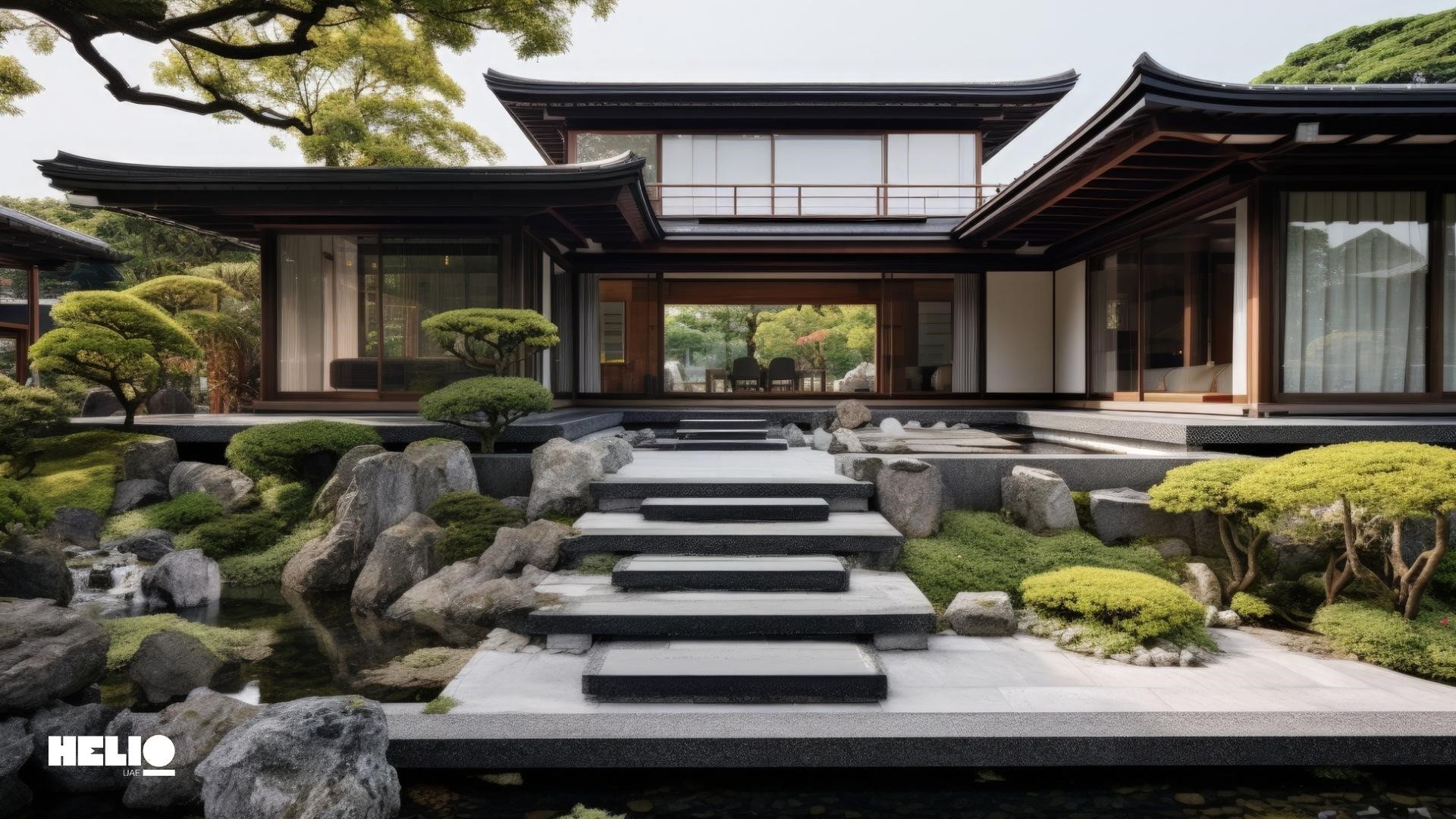Are you a homeowner or garden enthusiast looking to elevate your outdoor space in 2024? You’re in the right place. Residential landscape architecture is not just about aesthetics; it’s about creating functional, sustainable, and enjoyable environments that enhance your quality of life. This comprehensive guide will take you through 100+ of the most exciting and innovative residential landscape design ideas for the coming year. Along the way, we’ll highlight the benefits, practical tips, and inspirational examples to help you transform your outdoor space.
Introduction to Residential Landscape Architecture
Residential landscape architecture is the art and science of designing outdoor spaces that are both beautiful and functional. It involves a blend of horticulture, environmental design, and architecture to create harmonious environments that complement the home and meet the needs of its residents. Whether you have a sprawling estate or a compact urban garden, thoughtful landscape design can transform your outdoor space into a personal oasis.
Importance and Benefits of Well-Designed Outdoor Spaces
Well-designed outdoor spaces offer numerous benefits. They enhance the aesthetic appeal of your home, increase property value, and provide a sanctuary for relaxation and entertainment. Additionally, they can improve air quality, support local wildlife, and promote physical and mental well-being. In essence, a well-planned landscape is an investment in your home’s future and your own quality of life.
Sustainable and Eco-Friendly Designs
In recent years, sustainable and eco-friendly landscape design has become increasingly popular:
Use of Native Plants
Incorporating native plants into your landscape is one of the most sustainable choices you can make. Native plants are adapted to the local climate and soil conditions, requiring less water and maintenance. They also support local wildlife, including pollinators like bees and butterflies. By choosing native plants, you create a resilient and eco-friendly garden that thrives with minimal intervention.
Water Conservation Techniques
Water conservation is crucial in sustainable landscape design. Techniques like rain gardens, which capture and filter rainwater, and drip irrigation systems, which deliver water directly to the plant roots, can significantly reduce water usage. These methods not only save water but also promote healthier plants by preventing overwatering and reducing runoff.
Organic and Natural Materials
Using organic and natural materials in your landscape design is another step towards sustainability. Opt for compost and organic fertilizers instead of chemical alternatives. Choose natural stone, wood, and other eco-friendly materials for hardscaping elements. These choices minimize environmental impact and create a more harmonious and healthy outdoor space.
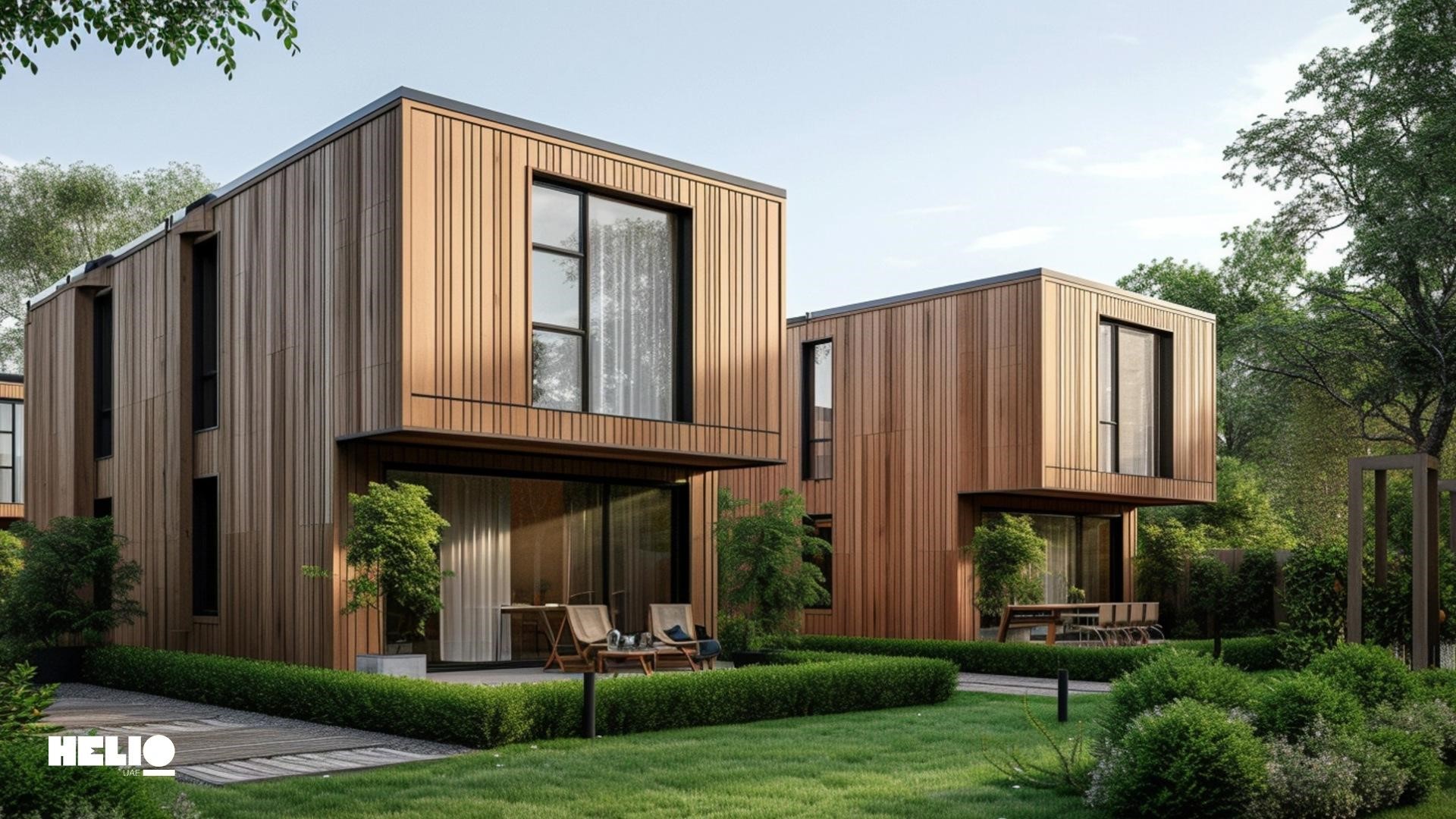
Garden Structures and Features
Garden structures and features add visual interest, functionality, and character to your landscape. Here are a few ideas to consider:
Garden Rooms for Relaxation and Entertainment
Garden rooms are dedicated outdoor spaces designed for relaxation and entertainment. These can include cozy seating areas, outdoor living rooms, or even secluded nooks for reading and meditation. By creating distinct areas within your garden, you can maximize functionality and enjoyment.
Outdoor Kitchens and Dining Areas
An outdoor kitchen or dining area can turn your garden into a hub for social gatherings. Equip your space with a grill, countertop, and dining table to create an inviting area for alfresco meals. Consider adding a pergola or shade structure to protect against the elements and enhance comfort.
Fire Pits and Fireplaces
Fire pits and fireplaces add warmth and ambiance to your outdoor space, making it usable even in cooler weather. They serve as focal points for gatherings, providing a cozy atmosphere for roasting marshmallows or enjoying a glass of wine under the stars. Choose from a variety of styles, from rustic stone pits to sleek modern designs, to suit your aesthetic.
Innovative Planting Ideas
Plants are the backbone of any landscape design. Here are some creative ways to incorporate them into your outdoor space:
Vertical Gardens for Small Spaces
Vertical gardens are perfect for small spaces where traditional planting areas are limited. They involve growing plants on vertical surfaces, such as walls or trellises, to maximize space. Vertical gardens can house a variety of plants, from herbs and vegetables to ornamental flowers, creating a lush and vibrant display.
Edible Landscaping
Edible landscaping integrates food-producing plants into ornamental garden designs. This approach allows you to grow vegetables, herbs, and fruit trees alongside traditional ornamental plants. Edible landscaping provides fresh, homegrown produce while adding beauty and diversity to your garden.
Themed Gardens
Themed gardens are designed around specific concepts or environments, such as butterfly gardens, sensory gardens, or Japanese zen gardens. These specialized areas can cater to particular interests or needs, creating unique and personalized outdoor experiences. For example, a sensory garden might include plants with various textures, scents, and colors to engage all the senses.
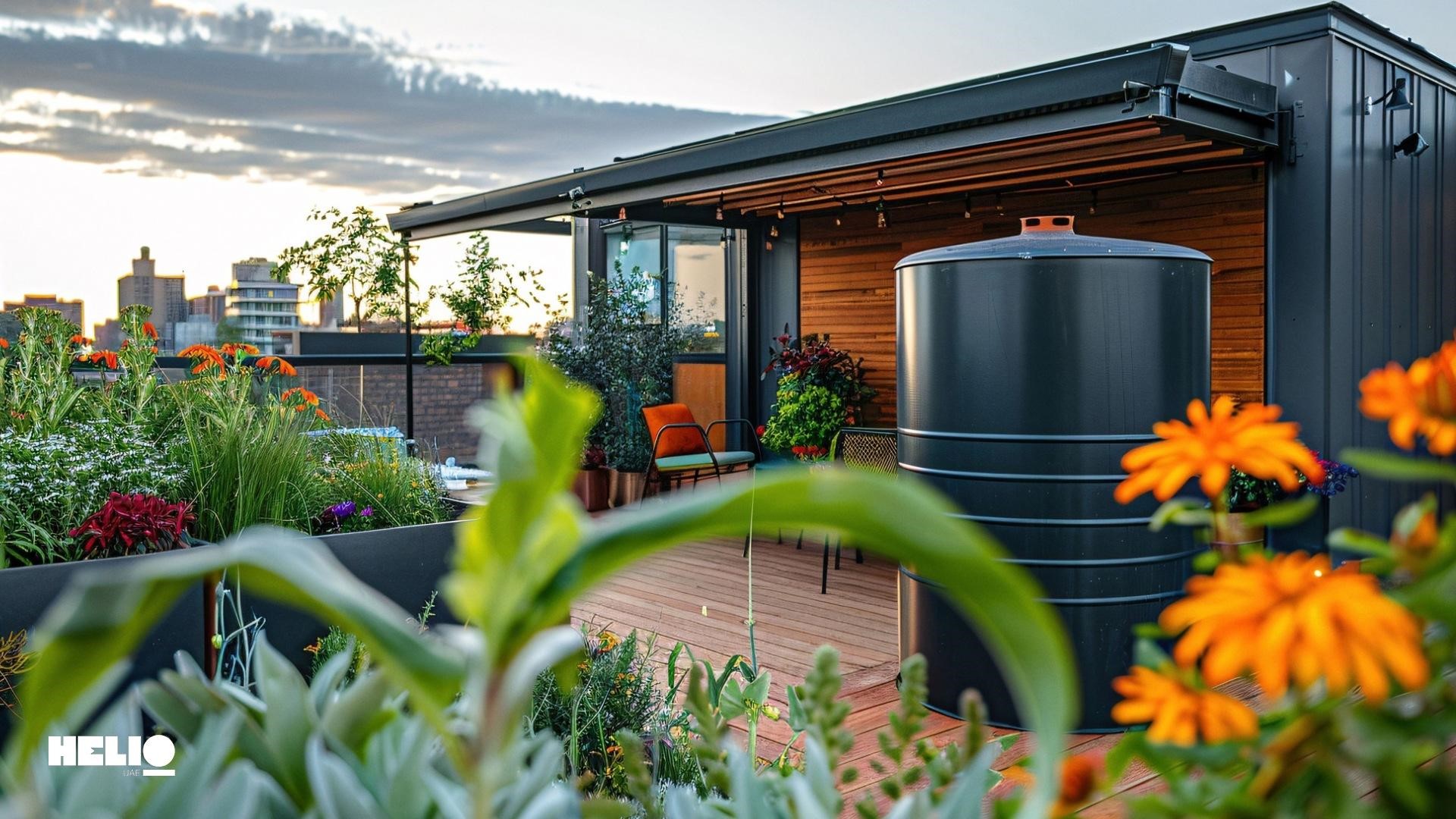
Hardscaping Elements
Hardscaping elements, such as paths, walls, and patios, provide structure and organization to your landscape. They also serve functional purposes like defining spaces and creating easy access. Here are some considerations when integrating hardscaping into your design:
Pathways and Walkways
Pathways and walkways are essential components of any landscape design, providing structure and guiding movement through the space. Materials like gravel, stone, or brick can be used to create paths that blend seamlessly with the natural surroundings. Consider incorporating curves and meanders to add visual interest and create a sense of exploration.
Patios and Decking
Patios and decking extend the living space of your home into the outdoors. They provide areas for dining, lounging, and entertaining, often serving as the centerpiece of the garden. Choose durable and weather-resistant materials like composite decking or stone pavers to ensure longevity and minimal maintenance.
Retaining Walls and Terraces
Retaining walls and terraces are useful for managing sloped landscapes and creating level areas for planting or seating. They can be constructed from various materials, including stone, brick, or concrete, to complement the overall design. Retaining walls also help prevent soil erosion and improve drainage.
Water Features
Water features, such as fountains, ponds, and waterfalls, add a tranquil atmosphere to your landscape while also providing important environmental benefits. Consider incorporating these elements into your design:
Ponds and Water Gardens
Ponds and water gardens bring tranquility and a sense of nature to your outdoor space. They can range from small ornamental ponds to larger ecosystems that support fish and aquatic plants. Water gardens create a focal point and provide a habitat for wildlife, enhancing biodiversity.
Fountains and Waterfalls
Fountains and waterfalls add movement and sound to your garden, creating a serene and calming atmosphere. They can be integrated into existing water features or stand alone as decorative elements. The soothing sound of flowing water can mask unwanted noise and promote relaxation.
Swimming Pools and Hot Tubs
Swimming pools and hot tubs offer both recreation and relaxation. They can be customized to fit any landscape, from sleek modern designs to naturalistic settings. Incorporate surrounding landscaping, such as decking, lighting, and seating areas, to create a cohesive and inviting space.
Lighting Solutions
Lighting can transform your garden into a magical and inviting space, extending its use into the evening hours. Consider these lighting solutions to enhance your outdoor experience:
LED Lighting for Energy Efficiency
LED lighting is an energy-efficient option for illuminating your outdoor space. LEDs consume less power and have a longer lifespan compared to traditional bulbs. Use LED lights to highlight pathways, plants, and architectural features, enhancing safety and aesthetics.
Solar-Powered Lights
Solar-powered lights are an eco-friendly choice for outdoor lighting. They harness energy from the sun during the day and illuminate your garden at night without the need for wiring or electricity. Solar lights are available in various styles, from pathway lights to decorative lanterns, providing versatile and sustainable lighting solutions.
Accent Lighting for Highlighting Features
Accent lighting is used to emphasize specific elements in your landscape, such as statues, water features, or architectural details. By strategically placing accent lights, you can create dramatic effects and draw attention to focal points, adding depth and dimension to your garden.
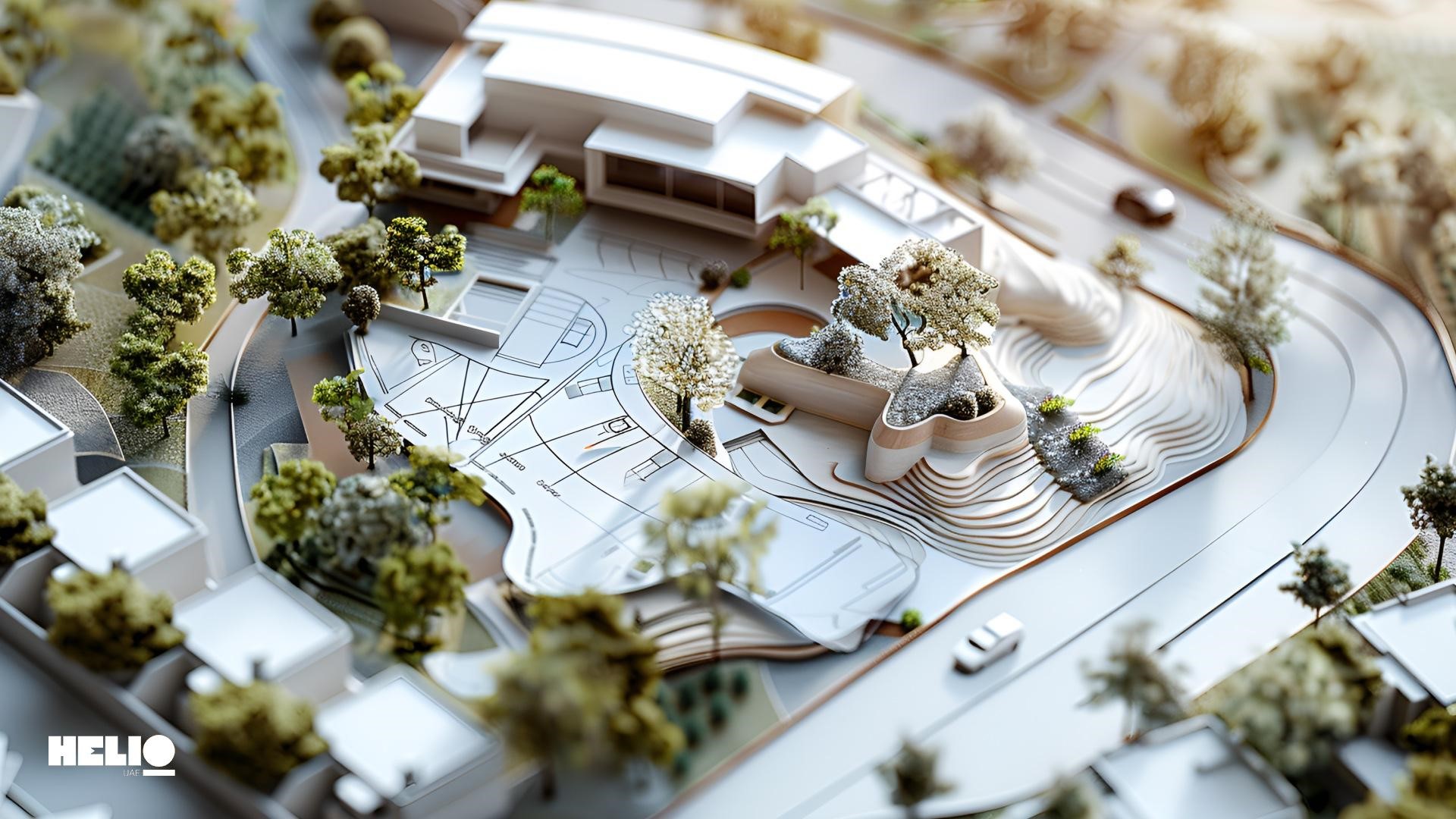
Functional Outdoor Spaces
In addition to creating a beautiful and inviting space, your outdoor design can also serve functional purposes. Here are some ideas for functional outdoor spaces:
Play Areas for Children
Designing play areas for children within your garden can create a safe and engaging environment for little ones. Consider incorporating swings, slides, sandboxes, and climbing structures. Use soft, impact-absorbing materials like mulch or rubber to ensure safety.
Pet-Friendly Yards
Creating a pet-friendly yard involves designing spaces that cater to the needs and behaviors of your pets. Provide shaded areas, water features, and designated play zones. Use durable, non-toxic materials and plants to ensure a safe and enjoyable environment for your furry friends.
Home Office or Study Nooks
Outdoor home office or study nooks offer a refreshing alternative to indoor workspaces. Set up a comfortable seating area with shade and good lighting. Add plants and decorative elements to create a tranquil and inspiring environment conducive to productivity.
Privacy and Screening
Privacy and screening are essential for creating a sense of seclusion and intimacy in your garden. Here are some ways to incorporate privacy into your design:
Hedges and Privacy Walls
Hedges and privacy walls provide seclusion and define boundaries within your garden. Evergreen shrubs, bamboo, or ornamental grasses can be used to create living screens. For a more permanent solution, consider installing wooden or stone walls to block views and reduce noise.
Pergolas and Trellises
Pergolas and trellises add vertical interest and support climbing plants, creating shaded areas and natural screens. They can be used to frame pathways, patios, or seating areas, offering both aesthetic and functional benefits.
Decorative Fences and Gates
Decorative fences and gates enhance the security and visual appeal of your garden. Choose designs that complement your landscape style, from traditional wrought iron to modern metal or wooden designs. Decorative elements like lattice panels, finials, and plantings can add character and charm.
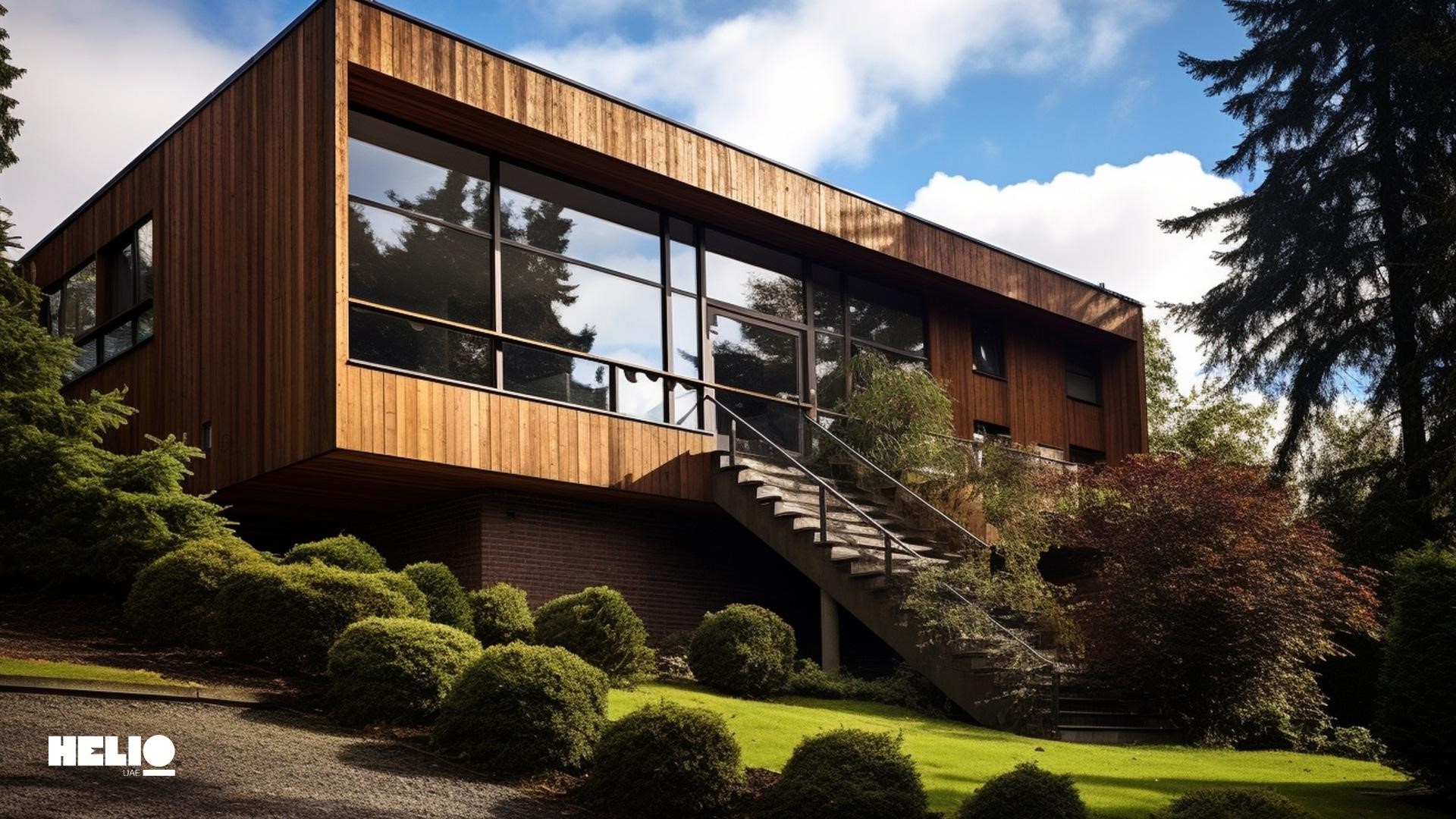
Seasonal and Weather Considerations
When designing your outdoor space, consider the changing seasons and weather conditions to ensure functionality and longevity. Here are some factors to keep in mind:
All-Season Gardens
All-season gardens are designed to provide visual interest and beauty throughout the year. Incorporate a mix of evergreen and deciduous plants, as well as seasonal flowers, to ensure continuous color and texture. Consider plantings that bloom at different times and offer winter interest, such as berries or ornamental grasses.
Weather-Resistant Materials and Plants
Choosing weather-resistant materials and plants ensures your garden can withstand various climate conditions. Opt for durable materials like stone, metal, and composite for hardscaping. Select plants that are adapted to your local climate, resistant to pests and diseases, and require minimal maintenance.
Shade Structures and Sun Protection
Shade structures like pergolas, arbors, or shade sails provide relief from the sun and create comfortable outdoor living spaces. Incorporate these structures into seating areas, patios, or play zones. Use UV-resistant fabrics and materials to ensure longevity and protection.
Low Maintenance Landscaping
Low maintenance landscaping can save time, effort, and resources while still creating a beautiful and functional outdoor space. Here are some tips for designing a low-maintenance garden:
Drought-Resistant Plants
Drought-resistant plants are ideal for low-maintenance landscapes, particularly in arid regions. These plants require minimal watering and care, making them suitable for busy homeowners. Succulents, cacti, and native grasses are popular choices for water-wise gardens.
Automated Irrigation Systems
Automated irrigation systems simplify watering and ensure your plants receive consistent moisture. Drip irrigation and soaker hoses deliver water directly to the roots, minimizing waste and promoting healthy growth. Smart irrigation controllers can adjust watering schedules based on weather conditions and plant needs.
Minimalist Design Approaches
Minimalist design approaches focus on simplicity and functionality. By reducing clutter and focusing on key elements, you create a clean and elegant landscape that requires less maintenance. Use a limited plant palette, clean lines, and simple materials to achieve a minimalist aesthetic.
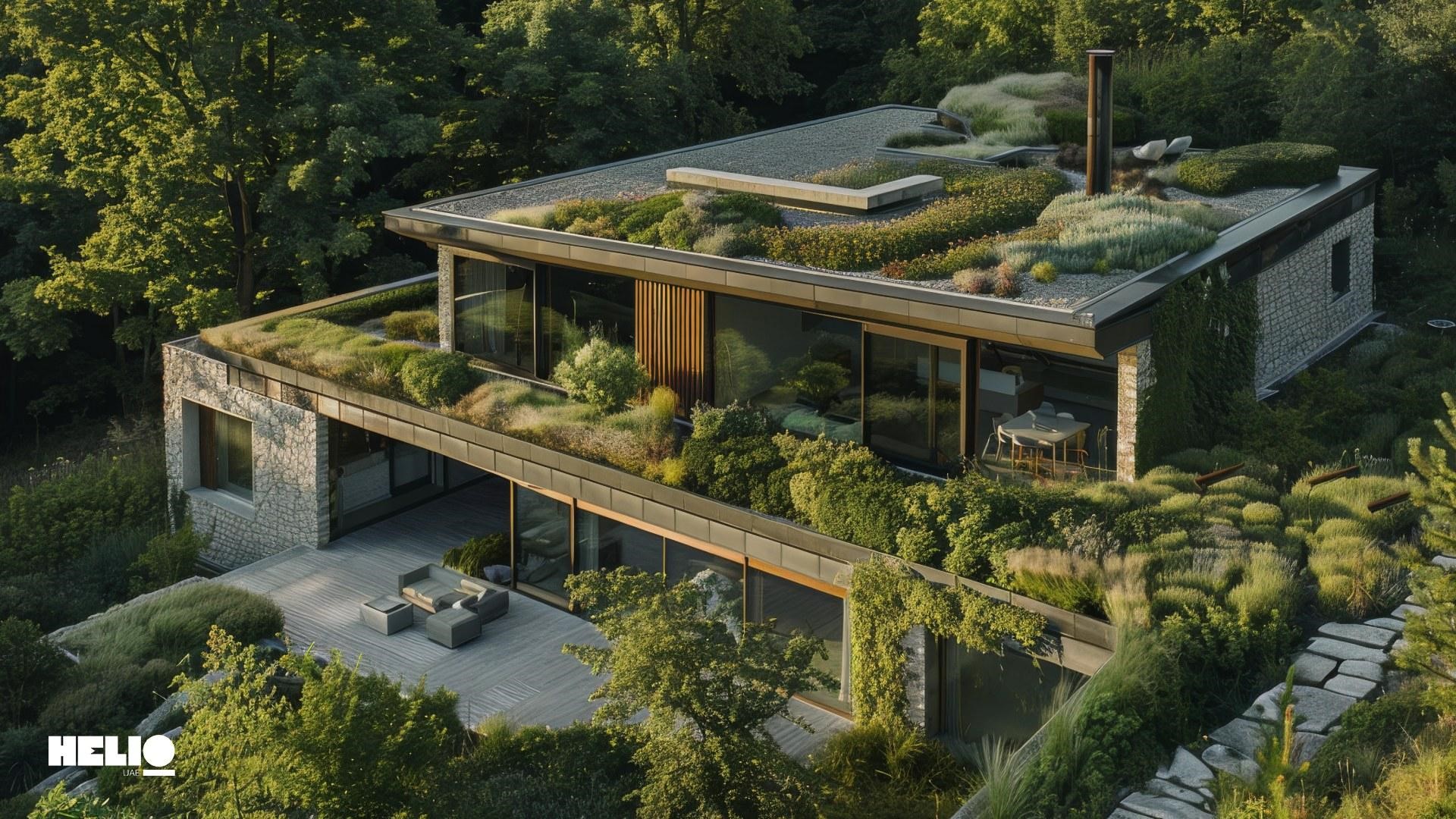
Artistic and Creative Touches
Artistic and creative touches can add personality and whimsy to your garden design. Here are some ideas for incorporating art and decor into your outdoor space:
Sculptures and Art Installations
Sculptures and art installations add personality and uniqueness to your garden. Choose pieces that reflect your taste and complement the overall design. Position them strategically to create focal points and add visual interest.
Unique Planters and Containers
Unique planters and containers can elevate the look of your garden and showcase your creativity. Experiment with different shapes, sizes, and materials, such as ceramic, metal, or recycled items. Use planters to highlight special plants or create themed displays.
Mural Walls and Creative Fencing
Mural walls and creative fencing add color and artistic flair to your outdoor space. Murals can be painted directly on walls or fences, depicting scenes, patterns, or abstract designs. Decorative fencing can feature cut-out patterns, laser-etched designs, or mixed materials, creating a dynamic and engaging backdrop.
Integrating Technology
Integrating technology into your garden design can enhance its functionality and create a modern and efficient outdoor space. Here are some ways to incorporate technology:
Smart Irrigation Systems
Smart irrigation systems use sensors and weather data to optimize watering schedules. These systems help conserve water and ensure plants receive the right amount of moisture. Integration with mobile apps allows you to monitor and adjust watering remotely.
Outdoor Sound Systems
Outdoor sound systems enhance your garden experience with music or ambient sounds. Weatherproof speakers can be installed discreetly within the landscape, providing high-quality audio. Create different zones for various activities, such as relaxing by the pool or dining on the patio.
Wi-Fi and Charging Stations
Wi-Fi and charging stations extend connectivity and convenience to your outdoor spaces. Install weatherproof outlets and USB ports in strategic locations to keep devices charged. Ensure strong Wi-Fi coverage to support remote work, streaming, and smart home devices.
Design for Different Styles and Functions
When designing your garden, consider the different styles and functions you want to incorporate. Here are some examples:
Modern and Contemporary Designs
Modern and contemporary designs emphasize clean lines, simplicity, and functionality. Use geometric shapes, minimalistic plantings, and sleek materials like concrete and metal. Incorporate bold accents, such as statement sculptures or colorful planters, for visual interest.
Rustic and Cottage Gardens
Rustic and cottage gardens evoke a sense of charm and nostalgia. Use natural materials like wood and stone, along with informal plantings of perennials, herbs, and wildflowers. Create cozy seating areas, winding paths, and decorative elements like arbors and trellises.
Mediterranean and Tropical Themes
Mediterranean and tropical themes bring a sense of warmth and exoticism to your garden. Use drought-tolerant plants like olive trees, lavender, and agave for a Mediterranean look. For a tropical feel, incorporate lush foliage, vibrant flowers, and elements like water features and tiki torches.
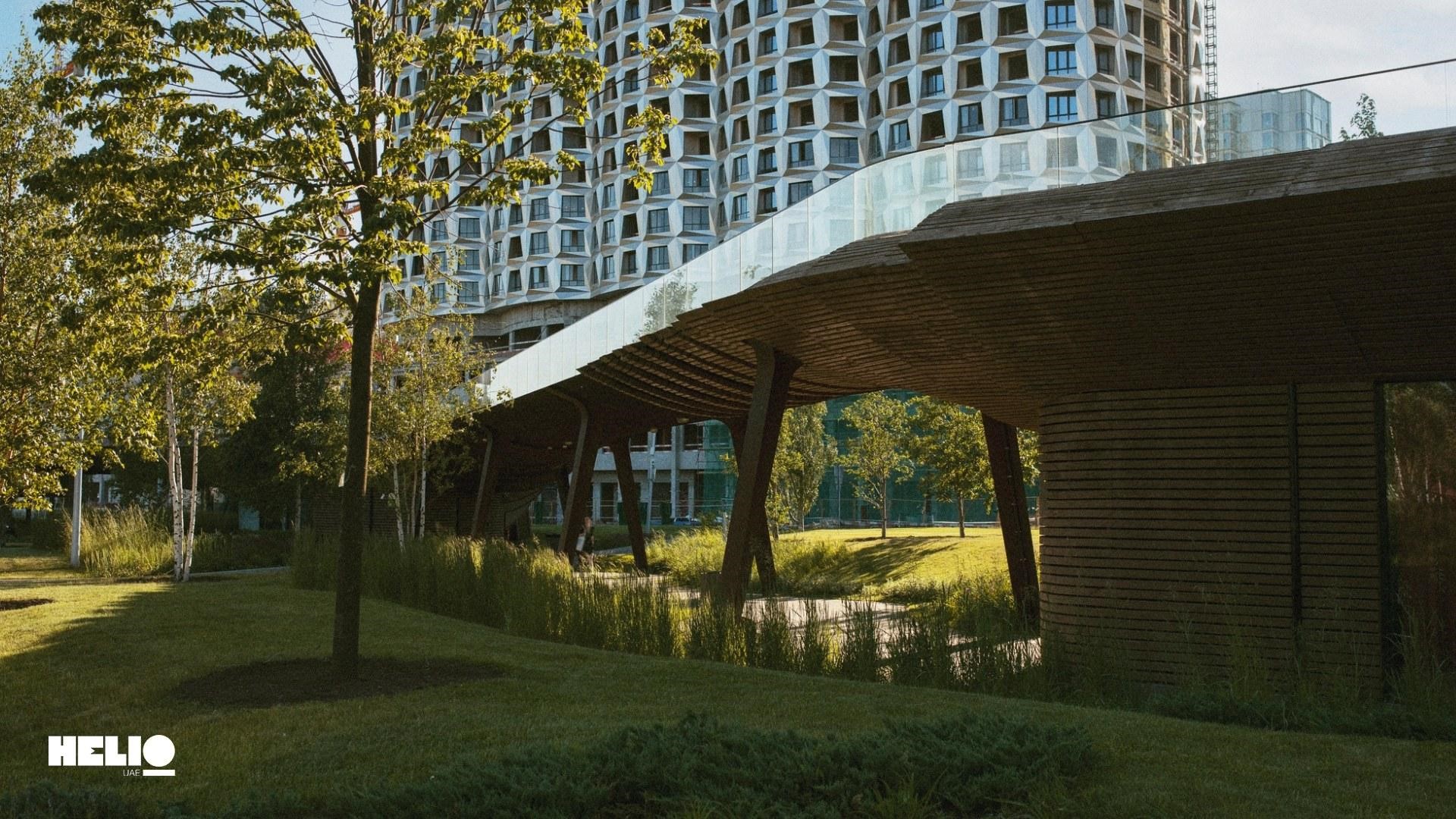
Cost-Effective Ideas
Cost-effective ideas can help you create a beautiful and functional landscape without breaking the bank. Here are some tips:
DIY Projects
DIY projects can save money and add a personal touch to your landscape. Build your own planters, garden beds, or furniture using reclaimed materials. Create decorative elements like stepping stones, birdhouses, or trellises with simple tools and supplies.
Repurposing Materials
Repurposing materials is an eco-friendly and budget-conscious approach to landscaping. Use old pallets, bricks, or containers to create new garden features. Repurpose household items like tires, pots, or furniture for unique and functional outdoor decor.
Budget-Friendly Plant Selections
Budget-friendly plant selections include perennials, native plants, and fast-growing species. These plants are typically more affordable and require less maintenance. Start from seeds or cuttings to save even more, and participate in local plant swaps or sales.
Health and Wellness Benefits
Gardening has numerous health and wellness benefits, making it an ideal activity for both physical and mental wellbeing. Here are some ways gardening can benefit you:
Meditation and Yoga Spaces
Create dedicated meditation and yoga spaces within your garden to promote relaxation and well-being. Choose a quiet, secluded area with minimal distractions. Use comfortable mats, cushions, and natural elements like plants and water features to enhance the experience.
Healing Gardens with Medicinal Plants
Healing gardens incorporate plants with medicinal properties, such as lavender, chamomile, and aloe vera. These gardens provide a tranquil space for relaxation and natural remedies. Design with pathways, seating areas, and signage to educate visitors about the plants’ benefits.
Sensory Gardens for Mental Health
Sensory gardens engage all the senses with a variety of plants, textures, and features. Use fragrant flowers, textured leaves, and elements like wind chimes or water features to create a multisensory experience. Sensory gardens can help reduce stress, improve mood, and enhance overall well-being.
Case Studies and Examples
Looking for inspiration? Here are some case studies and examples of successful and innovative garden designs:
The High Line in New York City
The High Line, a 1.45-mile elevated park in New York City, showcases creative use of urban space. It features over 500 plant species and incorporates art installations, seating areas, and gathering spaces. The park has become a popular destination for locals and tourists alike.
Dandenong Ranges Botanic Garden in Australia
The Dandenong Ranges Botanic Garden in Victoria, Australia, is a beautiful example of integrating technology into garden design. It uses smart irrigation systems, solar panels for energy, and a mobile app for self-guided tours. The garden also features a sensory trail for visitors with disabilities.
Phipps Conservatory and Botanical Gardens in Pittsburgh
Phipps Conservatory and Botanical Gardens in Pittsburgh is renowned for its sustainability initiatives. It uses solar power, rainwater harvesting, and geothermal heating to reduce its environmental impact. The gardens also feature educational exhibits on green building and sustainable living.
Conclusion
Transforming your outdoor space with innovative and sustainable residential landscape design ideas can enhance your quality of life and increase your property’s value. By incorporating the principles and concepts discussed in this guide, you can create a beautiful, functional, and enjoyable garden tailored to your needs and preferences.
Ready to take the next step in your landscaping journey? Contact Helio Archi for expert guidance and personalized design solutions. Our team of professionals can help you bring your vision to life, ensuring a harmonious and thriving outdoor space for years to come.

